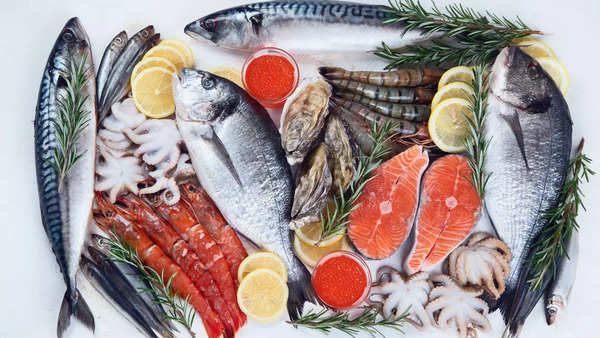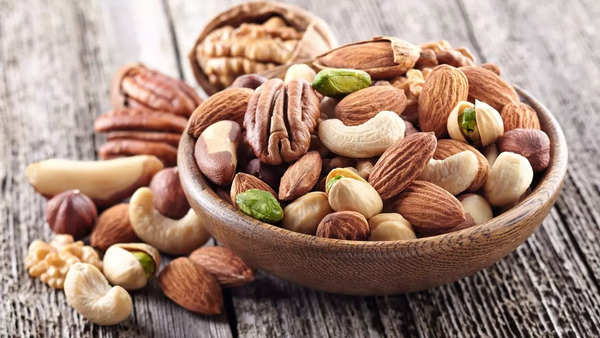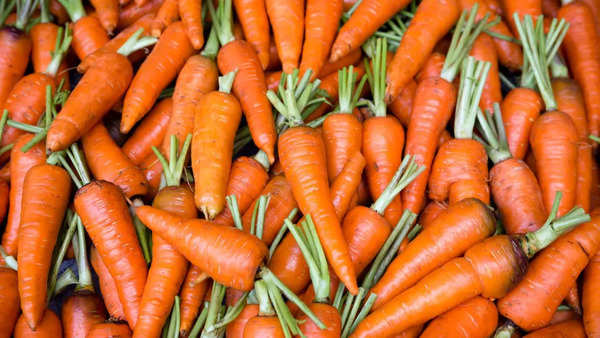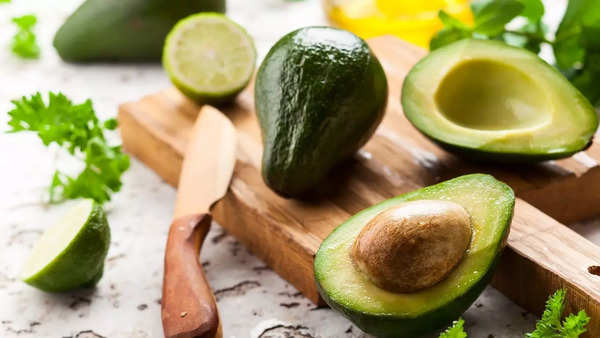
The effect of excessive stress on eyes
As we navigate the technology-driven world, our eyes bear the brunt of prolonged screen exposure and environmental factors. The increasing prevalence of dry eye syndrome calls for proactive measures to counteract its effects. By incorporating specific hydrating foods into our meals, we can provide our eyes with the necessary hydration and nourishment to combat dryness, irritation, and discomfort. Let’s explore the transformative potential of these hydrating foods in preserving optimal eye health, particularly during the monsoon season.

Foods that improve vision
Omega-3 fatty acids play a crucial role in maintaining the stability of the tear film on the surface of the eyes. These fatty acids promote the production of sufficient oil by the meibomian glands, which helps prevent tear evaporation. Some food sources rich in omega-3 fatty acids include:

Seafood and cold-water fish such as salmon, tuna, and cod.
Eggs, which are not only a great source of protein but also provide omega-3 fatty acids.

Nuts like walnuts, cashews, almonds, and brazil nuts.
Seeds like chia seeds and flaxseeds, which can be added to smoothies or sprinkled on salads.
Vitamin A is essential for maintaining healthy eyes and improving the quality of tears. It helps keep the eye surface in a healthy state and ensures proper tear production. Some food sources rich in vitamin A include:
Sweet potatoes, which are not only delicious but also packed with nutrients.
Carrots, known for their high vitamin A content, are excellent for eye health.

Spinach, which is loaded with antioxidants and beneficial vitamins, including vitamin A.
Pumpkins, which are not only associated with the fall season but are also rich in vitamins and minerals.
Foods that reduce inflammation
In addition to vitamin A, vitamin C and antioxidants play a crucial role in preventing micro-inflammatory injuries to the eyes and reducing the consequences of dry eye disease. Some food sources rich in vitamin C and antioxidants include:

Avocados, which are a nutrient-dense

